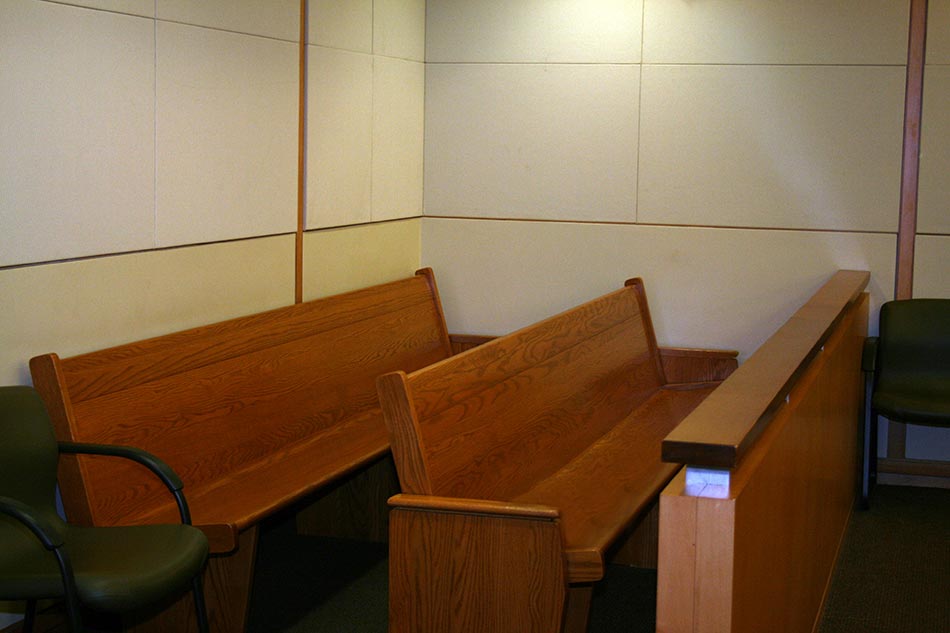Charges, Offenses and Notice
A claim that a juvenile broke the law is called a charge. A charge is made in a document given to the court, usually called a Citation or called a Petition. A Citation usually is prepared by a police officer. A speeding ticket is an example of a Citation. A Petition is signed by a lawyer. A Citation or Petition will list the name and address of the juvenile charged with breaking the law, how and where the juvenile is alleged to have broken the law (sometimes called an offense) and other information.
Offenses fall into three general categories listed from least to most serious as follows: (1) Incorrigible; (2) Misdemeanor and (3) Felony offenses. Incorrigible offenses include truancy (not going to school as required); curfew (being out too late) and running away from home. Misdemeanor offenses include disorderly conduct; disturbing the peace; shoplifting; alcohol offenses; some assaults; some drug offenses; some driving offenses and many other offenses. Felony offenses include many drug offenses; car theft; arson; certain assaults; sexual abuse and other serious offenses.
A juvenile can formally learn about a charge (called notice) in a variety of ways. For a Citation, often a police officer will give a copy of the Citation to the juvenile. For a Petition, the juvenile may be contacted by a Juvenile Probation Officer, who is involved even when a juvenile is not on probation. The juvenile also may receive notice of a Petition when the Petition is provided to the juvenile in person, or when the Petition is provided to someone else of sufficient age and maturity who lives with the juvenile.

